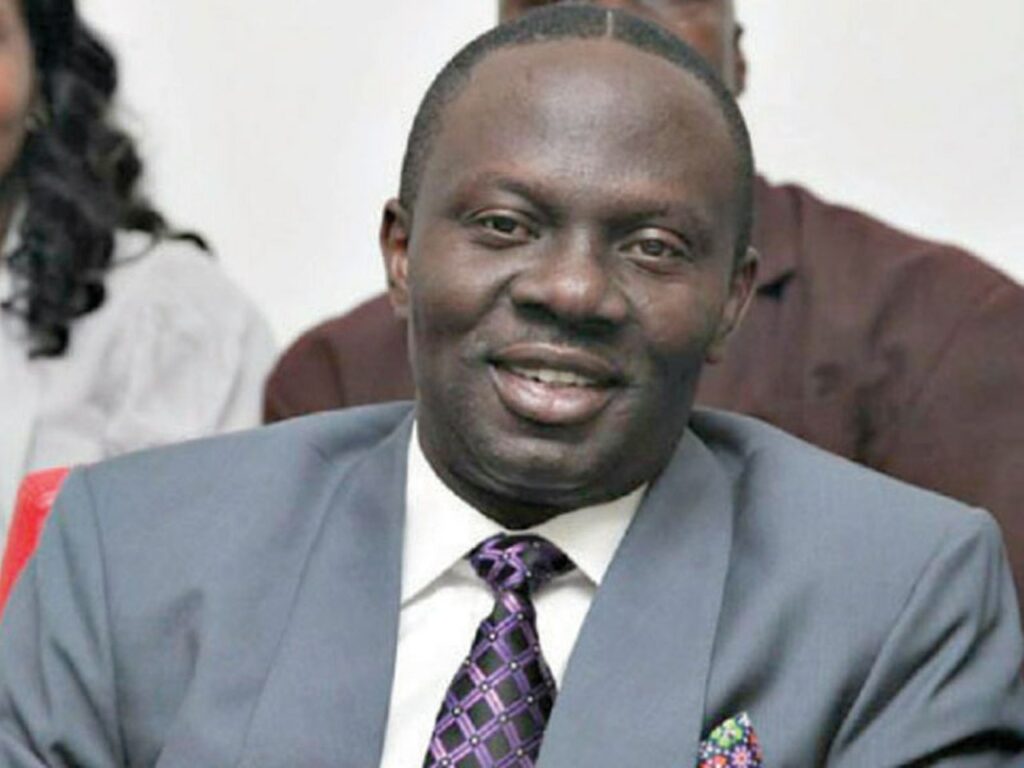 Did Emperor Nero fiddle while much of Rome burned in 64 AD?
Did Emperor Nero fiddle while much of Rome burned in 64 AD?
No. It is a historical fallacy. The Romans did not know the fiddle. It was invented and came into use as a musical instrument some 1,500 years after Nero’s death. He, therefore, could not have fiddled while Rome burned. The instrument he played was called cithara, a stringed instrument similar to the harp. But that has not saved Nero’s reputation as an inveterate hedonist who chose to enjoy himself at the expense of his own people’s tragedy and suffering.
There is some reliable historical evidence that the picture of Nero sitting on the roof of his palace and playing the cithara in the glow of the burning city is not entirely accurate. The emperor rose up to the challenge of the burning city. Nero blamed the Christians for the fire but he did not indulge himself in the Roman equivalent of owambe. He took urgent and calculated steps to help the victims of the fire disaster.
The emperor must bear much of the blame for making his name a metaphor for feckless leadership. Nero saw himself as an accomplished musician. He took part in organized musical competitions that pleased his people not at all. They regarded his participation in the musical competitions as truly beneath him. True.
Whatever Nero did or did not do about the fire, his illustrious name is tarnished forever. The fallacy that he fiddled while Rome burned has long been accepted as the truth. It has also become a metaphor for an uncaring, poor and an ineffective leadership. We cannot correct the fallacy and give Nero his due but his fate should be a warning to all leaders who believe that when they are confronted with challenges, it is wise to give in to jolly-jolly.
A little spark can define or redefine a leader. For President Goodluck Jonathan, that small spark, perhaps the defining moment of his political career came when he conceded defeat and congratulated his main opponent in the presidential election, Muhammadu Buhari, long before INEC formally announced the outcome of the election. That singular act has redefined him and his presidency in a way that he never even expected, although he only did the most decent thing to do in the circumstances. Still, those who hailed it as an act of statesmanship had a point. His refusal to accept defeat would have put the conduct of the elections and national peace in jeopardy.
For Nero, the spark that sunk his reputation and made him a bye-word for poor, incompetent and ineffective leader was the destruction of Rome by fire. But what Nero really learnt his name was not poor and incompetent leadership but indifferent leadership. This is different from poor or incompetent leadership. Indifferent leadership is, in fact, the more pernicious kind of leadership. It is an entirely self-centred leadership that feeds on the ego of the leader. You might call it empty leadership. Its chief characteristic is its lack of empathy.
I would imagine that if, indeed, Nero played the cithara while Rome burned, he would have probably reasoned this way: It is not the business of the emperor to put out fires. That duty belongs to the fire brigade. I have sufficiently equipped the fire brigade. Let it do its duty.
Indifferent leadership lacks moral and empathic content. The most important element in the moral content of leadership is empathy, the invisible emotional cord that binds a leader and the led. Seen from this perspective, indifferent leadership is worse than poor or incompetent leadership. Poor and incompetent leaders are victims of their own mental fate; an indifferent leader is the architect of his own hoax.
We can bring this nearer home. In the near future when he looks back on his leadership, President Goodluck Jonathan would see that what defined him and his leadership was the shameful and unforgettable horror crime, the abduction of more than 200 secondary school girls from their school in Chibok, Borno State, on April 14, 2014 – his do-nothing stance. It took him 18 days to even acknowledge that an unspeakable crime had been committed against future mothers and leaders of our country. Then his reaction was devoid of sympathy and empathy. His wife did not help matters when she took it upon herself to magisterially rule that no girls were abducted. The world was aghast. In contrast, the United States First Lady, Michelle Obama, rallied world women leaders to the fate of these girls. You see the difference empathy makes in leadership? And that reminds me. A few days before the April elections, the president-elect, Muhammadu Buhari, visited the families of those who lost their lives celebrating his electoral victory in Yola. Empathy.
Jonathan too must have reasoned this way: If, indeed, the girls were abducted, it is not the president’s duty to find them. That responsibility falls squarely on the police and the other security agencies. I have equipped them to do their job. Let them do it.
Jonathan went to Kano to dance at a rally of his political party a day after the devastating bombing of the motor park at Nyanya on the outskirts of Abuja, in which close to 100 people were killed – and 14 days after the girls were abducted. He visited the crime scene in Nyanya. He believed his most important job had been done, setting him free to enjoy himself.
Two days ago, as of this writing, the world poured out its heart to the missing girls. They have spent one year in captivity. This country did nothing officially on the first anniversary of this unspeakable crime against humanity. For 365 days, this country did nothing to show that it truly cared about the fate of these girls. For 365 days, our president showed only total indifference to their tragic and pathetic fate. For 365 days, no rescue attempt was ever made. For 365 days, we were fed with lies and half-truths with defence headquarters claiming in the first week of their abduction that the girls had been rescued. When the lie blew in its face, its spokesman said they were misled. It was not laughable; it was tragic and hewed to the indifferent attitude of the Nigerian government to the fate of its young citizens in clear and present peril.
Jonathan’s lack of empathy and sympathy defines his person, his leadership and his presidency. By the way, he did not make any attempts to meet some of the parents of the girls until the Pakistani teenager, Malala, more or less chided him and told him what he should do. Our smiling president needed to be tutored by a little girl on his duties and obligations his own people in such tragic circumstances. The same indifferent attitude characterised his response to Boko Haram and with devastating consequences for every Nigerian.
For 365 days, former education minister, Oby Ezekwesili, has led the civilized bring back our girls protest. In utter shamelessness, the federal government even attempted to stop her and her courageous colleagues and supporters for keeping the pin permanently stuck on the conscience of Nigerians and their doesn’t-give-a-damn president. Ezekwesili and her colleagues deserve the gratitude of all Nigerians. Without them, indifferent leadership would have buried them.
Two revered establishment Western publications, The Economist (Britain) and the New York Times, (United States) too came to the conclusion that Jonathan is an indifferent leader. His indifferent leadership, the revered publications believed, was deleterious to political, economic and social life of the country. They took the unprecedented step of advising Nigerians not to return Jonathan to Aso Rock because a) “he is a failed leader” (The Economist) and b) “he is a lousy leader” (New York Times).
Nero need not turn in his grave.



